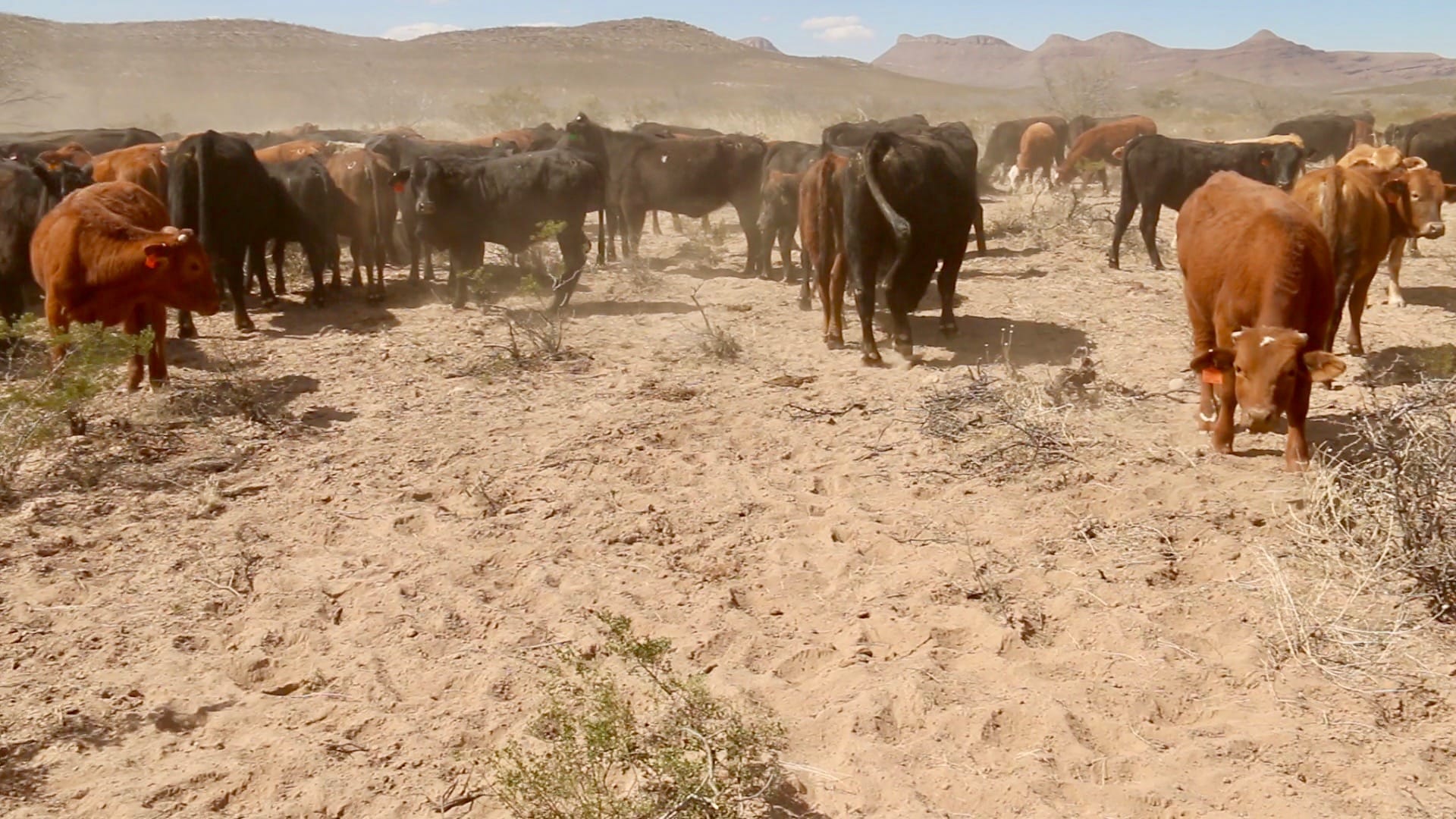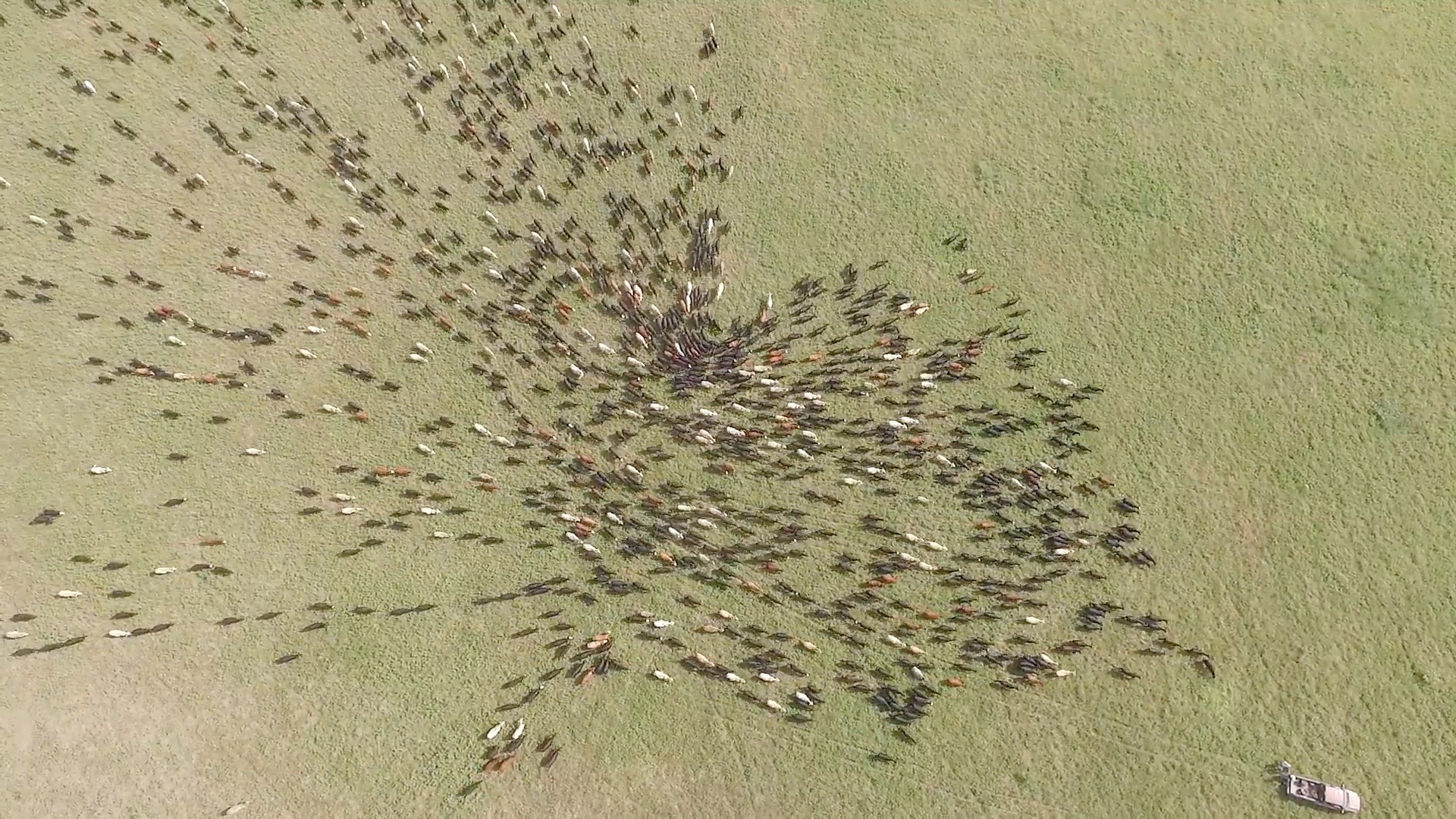Richard Teague et al. on Benefits of Planned Grazing

Here is peer reviewed, hard science from Texas A&M on the topic of holistic planned grazing.
This paper by Texas A&M range scientists Richard Teague, Fred Provenza et al. studied the benefits of concentrated, rapidly moving cattle herds on rangeland health. Their peer-reviewed findings contradicted the earlier conclusions of other Texas A&M researchers David Briske and his colleagues, against planned grazing.
Across the world, planned grazing is rapidly spreading – part of the broader grassroots acceptance of holistic thinking. It is still resisted by the university-agency community, and much of the enviornmental-conservation community. These see cows as environmental villains in natural systems that are best managed by the techniques of industrial agriculture as taught in our universities’ agricultural, range and wildlife programs.
The failures of Briske and his many agency and university colleagues are not those of character, sincerity or motivation; not a lack of good information, nor even that the studies on which they rely never tested planned grazing. Those were symptoms: The basic problem is that their core assumptions reject holistic thinking, and in any analytical process, the constraints of bad assumptions lead to bad conclusions.
Teague and his colleagues considered their data and findings without those blinkers. As a result, this paper takes a long step towards justifying the fundamental change that is underway in how we view and influence natural systems, as well as the tools we use.
Note: This paper was originally posted on this blog in 2009.

